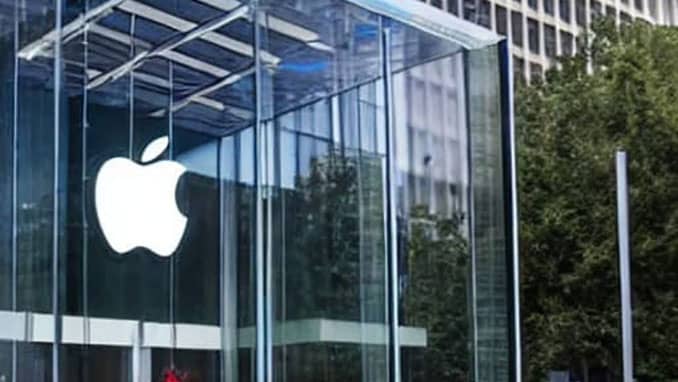
Critical Overview
The article reports on the efforts of Apple to oppose the unionization of its retail workers with the Communications Workers of America, with the assistance of anti-union lawyers at Littler Mendelson. Although Apple has not publicly declared its position on the matter, the move suggests that the company intends to resist the efforts of its workers to organize for better pay and working conditions. Littler has a reputation for representing large corporations in their efforts to prevent workers from unionizing, including Starbucks and McDonald’s.
One current retail employee, who spoke anonymously, expressed support for unionization, citing pay inequality and lack of responsiveness to employee feedback as reasons for seeking union representation. Recently, Apple retail workers in Atlanta filed for a union election, triggering organizing activities at other Apple Stores across the United States. The CWA Secretary-Treasurer Sara Steffens criticized Apple’s decision to work with Littler Mendelson and suggested that the company is trying to prevent its employees from exercising their right to join a union.
Littler provides a handbook on worker organizing that instructs companies on how to prevent workers from organizing. The handbook includes strategies such as prohibiting the distribution of pro-union literature and banning union organizing during work hours. Littler also advises companies to recognize subtle signs of union activity, such as an increase in employee group conversations and the sudden cessation of discussions when a supervisor approaches. Apple has allegedly held captive audience meetings to spread anti-union messaging during work hours, according to an anonymous worker at an Apple store in New York.
The union fight comes after a difficult two years for retail staff who have had to deal with COVID-19 outbreaks and mental health crises exacerbated by heavy workloads. Apple declined to comment on its relationship with Littler but stressed that the company values its retail team members and offers strong compensation and benefits, including health care, tuition reimbursement, new parental leave, paid family leave, annual stock grants, and other benefits.
Union-Busting Tactics
Littler Mendelson has a well-established reputation for assisting large corporations in their efforts to resist unionization. The firm’s handbook on worker organizing provides companies with strategies to discourage employees from organizing and unionizing. These strategies include banning pro-union literature and messaging during work hours, prohibiting union organizing during work hours, and recognizing subtle signs of union activity.
Apple has reportedly adopted some of these tactics, including holding captive audience meetings to spread anti-union messaging during work hours. Apple’s relationship with Littler Mendelson has raised concerns that the company is taking steps to prevent its workers from exercising their right to join a union. The fight for unionization comes amid a challenging period for retail workers who have been working under stressful conditions caused by COVID-19 outbreaks and mental health crises.
Conclusion
Apple’s decision to work with Littler Mendelson to prevent its workers from unionizing has raised concerns about the company’s commitment to workers’ rights. The strategies outlined in Littler’s handbook on worker organizing reveal the lengths to which companies will go to resist unionization. Apple’s alleged use of captive audience meetings to spread anti-union messaging during work hours is particularly troubling. The move to unionize by Apple retail workers is a significant development that highlights the need for stronger worker protections and the right to collective bargaining. The fight for better pay and working conditions is likely to continue as workers seek to hold companies accountable for their treatment of employees.



